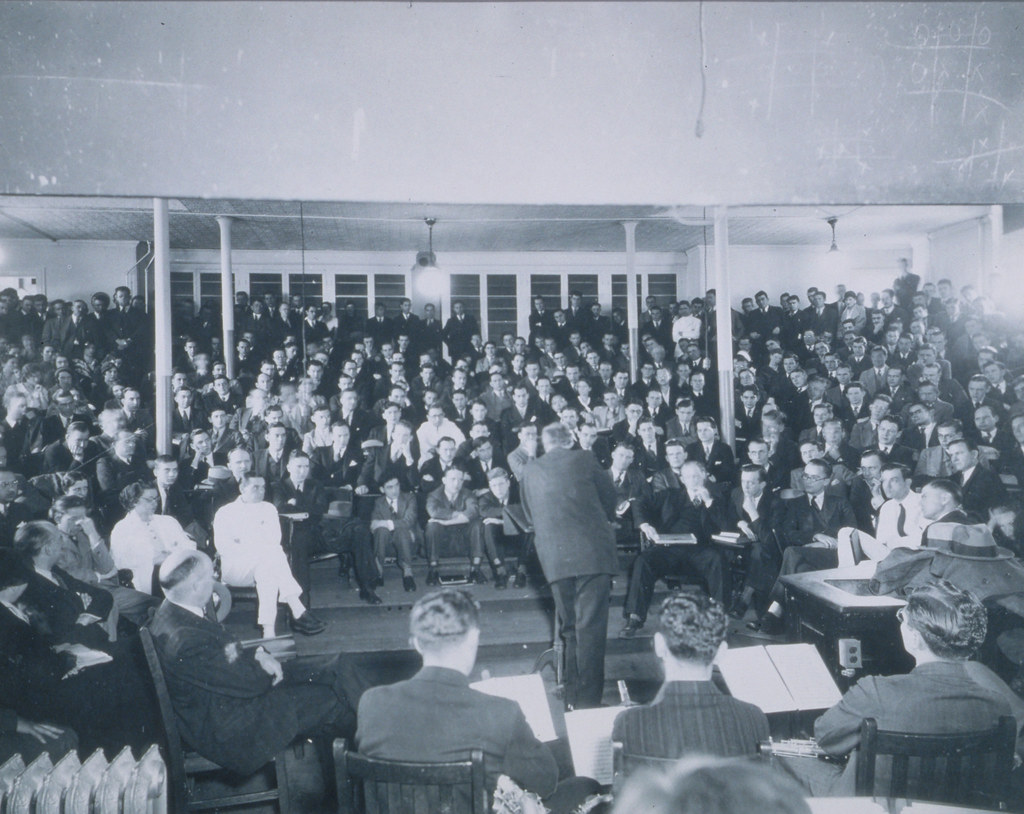This teaching business is hard, and it's especially hard if you want to do a bit differently. Though firmly in the constructivist camp, I’ve always taught in a traditional school that has a slightly progressive flavor around its edges. I’ve taught enough in the traditional method to know it and I’ve been told I did it well. I once prided on being a very good lecturer. At least that’s what my students told me. As I've moved away from the model, at times I still feel its pull. I sometimes feel that I am not teaching and that’s despite a firm progressive philosophy and years of teaching experience telling me my way is better for most kids.
 |
| What Teaching is Supposed to Look Like? |
In our culture, good teaching is Mr. Chips. It is Robin Williams in Dead Poet’s Society. It is Edward James Olmos in Stand and Deliver and Michelle Pfeiffer in Dangerous Minds. These dynamic teachers are the show! The movie and the class narrative is always about them! We celebrate these cults of personality- some rife with boundary violations. I reject this while being seduced by it at the same time.
I know a teacher with years of experience in the Maker Movement who was worried about not being seen as a teacher if he didn’t teach via direct instruction from the front of the class in his computer science class. I have no easy answers to combating these feelings. I urged this teacher to continue to do what his Maker training has taught him.
One must also acknowledge that progressive pedagogy and themed based learning is an easy target for parents who were raised with grades and homework and standards and lecture and RIGOR and they equate all of that stuff with learning. Years ago, one boy’s parents blamed my lack of giving grades for their son’s refusal to do any schoolwork. Of course, this boy wasn’t doing any schoolwork in any other teachers’ classes either and these teachers all graded him. My teaching was singled out.
I will encourage the great folks at Godfrey to celebrate and learn from their failures and to acknowledge what they are trying to do is brave. Constant reflection and self evaluation will be important for them. To anyone thinking about trying to do this teaching thing a little bit differently, hang in there. I know it isn’t easy. But your students will learn more in all sorts of ways.


